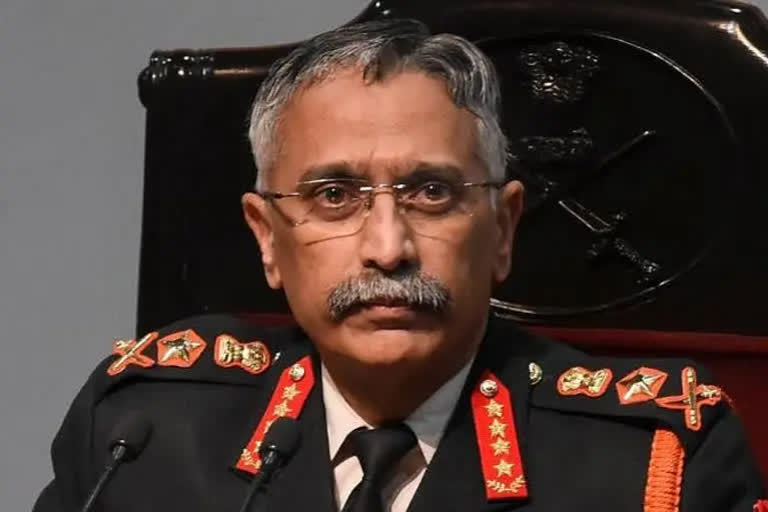Pune: Noting that the coronavirus pandemic is not yet over, Army chief General M M Naravane on Monday said the outbreak of COVID-19 has taught everyone many lessons, and disaster management in the backdrop of the pandemic is a reality and a major challenge.
He also highlighted the importance of global and regional cooperation while tackling any pandemic-like situation.
He was speaking at the inauguration of PANEX-21, a trans-national, multi-agency exercise organised in Pune from December 20 to 22 with a focused aim to "foster jointness and develop capabilities in disaster management aspects for the BIMSTEC (Bay of Bengal Initiative for Multi-Sectoral Technical and Economic Cooperation) nations".
The Army chief said the fact is that the pandemic is not over as new variants have added realism to the conduct of this exercise.
The South Asian region is prone to a large range of natural hazards, including floods, droughts, cyclones, earthquakes, landslides, and tsunami, he noted.
"Rapidly growing unplanned urbanisation, ecological degradation, and corresponding climate change effects and dynamically varying socio-economic conditions have increased our exposure to various natural hazards," he said.
All have witnessed the rising frequency of disasters with more intense and catastrophic events, he pointed out.
"Our response strategies have also evolved, added by rapid improvements in technology have become more robust and resilient. Trans-national cooperation between BIMSTEC nations continues to be driven by common and shared challenges," he said.
The pandemic has overwhelmed the national capacity, disrupted the supply chain, and brought everyone back to the drawing board, he said.
"Disaster management in the backdrop of the pandemic, is a reality and a major challenge and this also forms a basic theme of PANEX-21," he said.
The earlier exercise was conducted in February 2020, in the early days of the pandemic, General Naravane said.
"A lot has changed since then. The devastating effects of the pandemic have been witnessed and acknowledged by the world. We have realised that our standard operating procedures which worked well in the past are no longer active and we would need transformative changes," he said.
It was realised that resource preservation in the times of pandemic is as challenging as an application for disaster management, the Army chief said.
He said it has become incumbent for the response teams to first protect themselves before being able to assess others.
"We have also come to accept that no single agency has the capability or capacity to handle the challenge on their own. Not only that, such has been the strain on the resources that even well-developed countries with modern infrastructure have looked beyond for aid and assistance," he said.
